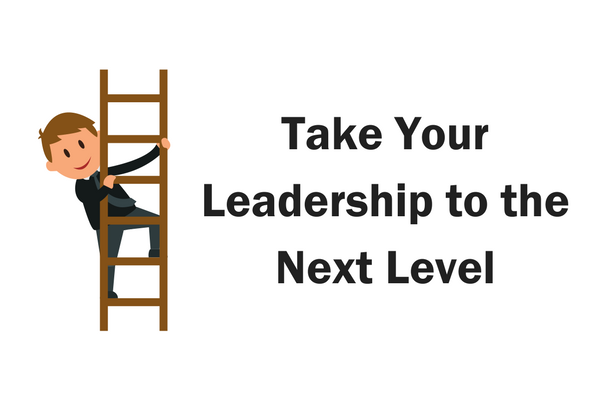In today’s dynamic business landscape, effective leadership isn’t just about traditional training methods. To cultivate the next generation of leaders, organizations must embrace innovative approaches that go beyond the conventional. In this blog post, explore 10 cutting-edge solutions to ramp up your Leadership Development initiatives. From virtual reality simulations to AI-powered coaching and gamification platforms, discover how these methodologies can elevate leadership skills and drive organizational success. Ready to revolutionize your approach to leadership training? Let’s dive in!
1. Virtual Reality (VR) Leadership Simulations:
- Examples: VRLeadershipTraining.com, Mursion
- Description: Virtual reality simulations immerse leaders in realistic scenarios to practice decision-making, conflict resolution, and team management in a controlled environment.
2. Gamification Platforms for Leadership Skills:
- Examples: Classcraft, Kahoot!, Axonify
- Description: Gamify leadership training with interactive challenges, leaderboards, and rewards to enhance engagement and motivation among participants.
3. Microlearning Platforms:
- Examples: LinkedIn Learning (formerly Lynda.com), Coursera, Degreed
- Description: Deliver bite-sized, mobile-friendly modules focusing on specific leadership competencies such as communication, emotional intelligence, and strategic thinking.
4. Reverse Mentoring Programs:
- Examples: Cisco’s Generation Gap Reverse Mentoring, Deloitte’s Digital Mentoring Program
- Description: Pair senior leaders with junior employees to exchange knowledge on digital trends, innovation, and new technologies, fostering cross-generational learning.
5. Leadership Hackathons:
- Examples: Hackathons organized internally or with external facilitators
- Description: Engage leaders in collaborative problem-solving sessions where teams brainstorm, prototype, and pitch innovative solutions to organizational challenges.
6. AI-Powered Coaching Platforms:
- Examples: BetterUp, KudosBot, LifeLabs Learning
- Description: Utilize artificial intelligence algorithms to provide personalized coaching and feedback based on leadership behaviors and communication styles.
7. Storytelling Workshops:
- Examples: Anecdote, Corporate Storytelling
- Description: Develop leaders’ ability to communicate vision, values, and strategic priorities through compelling narratives that resonate with stakeholders and inspire action.
8. Design Thinking Labs:
- Examples: IDEO U, Stanford d.school, Design Thinking for Innovation (Coursera)
- Description: Facilitate workshops where leaders apply design thinking principles to empathize with users, ideate solutions, and prototype innovations to address complex challenges.
9. Cross-Functional Leadership Exchanges:
- Examples: Rotational Leadership Programs within organizations
- Description: Rotate leaders through different departments or roles to gain a holistic understanding of organizational operations, foster collaboration, and develop adaptive leadership skills.
10. Experiential Leadership Retreats and Challenges:
- Examples: Outward Bound Professional, Center for Creative Leadership
- Description: Host immersive retreats or outdoor challenges that challenge leaders to build trust, resilience, and adaptive leadership skills through experiential learning activities.
Implementation Considerations:
- Integration: Select solutions that align with your organization’s culture, values, and strategic objectives.
- Pilot Testing: Start with pilot programs to evaluate effectiveness and gather feedback before scaling initiatives.
- Measurement: Establish clear metrics to assess the impact of leadership development programs on leadership competencies, employee engagement, and organizational outcomes.
These solutions offer diverse approaches to enhance Leadership Development training, catering to different learning styles and organizational needs. By embracing innovative methodologies, organizations can empower leaders to navigate complexities, drive innovation, and inspire high-performance teams effectively.

